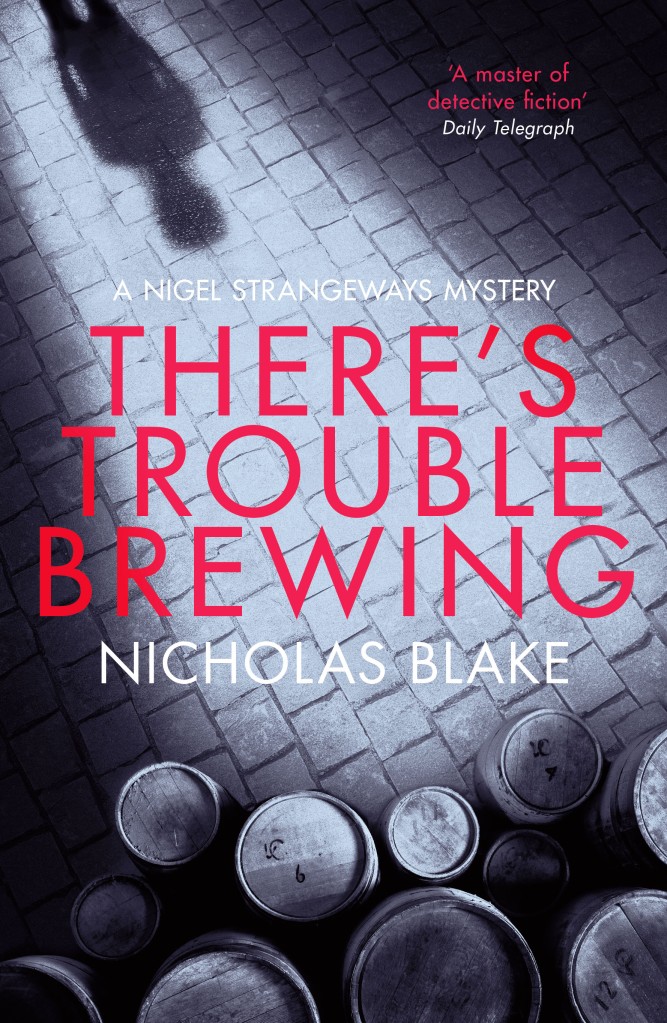
Originally published in 1937
Nigel Strangeways #3
Preceded by Thou Shell of Death
Followed by The Beast Must Die
Private detective and poet Nigel Strangeways has been invited to address the Maiden Astbury literary society in the sleepy and serene Dorset town.
But all is not as peaceful as it seems. Local brewer, Eustace Bunnet, is on the war path after his beloved dog is found dead in one of the Bunnett’s Brewery vats. This grisly crime casts an air of suspicion over the whole town, but no culprit is found.
When a body is discovered in the very same vat, gruesomely boiled down to its bones, Nigel Strangeways is called in to capture the killer and solve this very peculiar mystery in a town more perturbing than picturesque.
As I have previously confessed on this blog, beer does not constitute a particularly big part of my diet these days. Were I a bigger drinker however I might find myself losing that taste after reading this book which contains what may be the most nauseating circumstances to find a body that I can ever recall reading in a crime novel. And yet, I am about to describe it so the sensitive of stomach (or for that matter, dog lovers) may wish to skip over this one.
You have been warned!
Nigel Strangeways has arrived in Maiden Astbury to address a meeting of the town’s literary society on the subject of modern poetry. During a drink before the meeting, one of the gathering jokingly asks if they are drinking Truffles in their beer. It turns out that some weeks earlier the remains of a dog belonging to Eustace Bunnet, the local brewer, was found dead inside one of his brewing vats.
Following Nigel’s speech, Bunnet approaches him ask to hire him to investigate the matter for him. He insists that his dog must have been murdered because it was too old and lacking in agility to find its way into the vat by itself. Nigel is not keen on the job but quotes an exorbitant fee which the parsimonious brewer surprisingly, if grudgingly, agrees to pay.
Bunnet arranges to meet with Nigel in his brewery the next day so it is surprising when he does not show up. One of Bunnet’s staff offers to show him the vat where the dog had been found but when they open it the find another body, this time a human one, that has been boiled down to its bones. There is no possibility that it could be suicide. It seems that Nigel has lost a client and gained another murder case.
In spite of how queasy it makes me to think over those opening chapters again, I think this makes for a wonderfully striking introduction to the novel. Blake’s prose is wonderfully witty and sharp, particularly in the scenes concerning the literary society which can be quite hilarious. For one thing, I can attest to how nothing draws a crowd for a literary gathering than the offer of free food…
While having the first victim be an animal may be upsetting, it does provide Strangeways with a reason to be on the scene, enabling him to get involved in the more traditional human murder case that follows. The discovery of that body, which comes early, raises a series of questions – not least about the relationship between these two bodies in the vat. To summarize some of them:
- Was the dog murdered?
- Is the murderer the same person responsible for the death of the dog?
- If so, was it a trial run for the human murder that followed?
- If not, did it inspire the murder or was it just coincidence?
I found these questions to be quite intriguing and looked forward to learning what the answers would be. Nigel’s investigation seems to go pretty smoothly and introduces us to a set of interesting characters setting up several suspects to consider. Yet for all of the appeal of this setup, I struggled to keep my interest for a very simple and very silly reason: one part of the solution struck me as far, far too obvious.
Now clearly I am not going to give away the game (at least, not deliberately). For one thing, I would love it if you disagree with me and find that the aspect of the plot I am referring to really works for you. The problem is that this book is structured in such a way as to make the moment where that information is shared feel powerful and yet if you see the clue coming, the mystery then becomes much, much simpler to solve.
Things are not helped either by heavy usage of the trope where our sleuth compiles pages of notes on each possible killer. This results in some pages of pretty dense text that mostly just reiterates aspects of the story we have already learned, seeming to only slow down the story.
Things do pick up a little towards the end but here, once again, I felt a little deflated. I wanted some moment of surprise and yet I found that I had simply predicted each of the planned surprises. The result was a book that while often quite witty and boasting an interesting starting point, sadly underwhelmed me, particularly in regards to the solution to its central detective story. Still, in spite of that Blake’s sharp and witty writing style makes this easy and entertaining to read.
While this book may have put me off my lunch and may make me eye my next few pints with a little suspicion, I am confident I will return to Blake again soon.
The Verdict: Boasts a promising, if grotesque, premise. Sadly I figured out what had happened far too quickly, leaving me feeling a little underwhelmed and disappointed.
Second Opinions
Kate @ CrossExaminingCrime liked this one slightly more than I did, though I would agree that this would have been improved with a slightly shorter page count.
Moira @ ClothesInBooks has actually written about this twice. The praise is muted with a note that some aspects are of their time and that the tone can be rather snobbish.
Nick @ The Grandest Game in the World shares a mixture of contemporary reviews and their own opinion. They enjoyed the detection process in this one more than I did but they do point out the subsequent murders add interest which I do agree with.
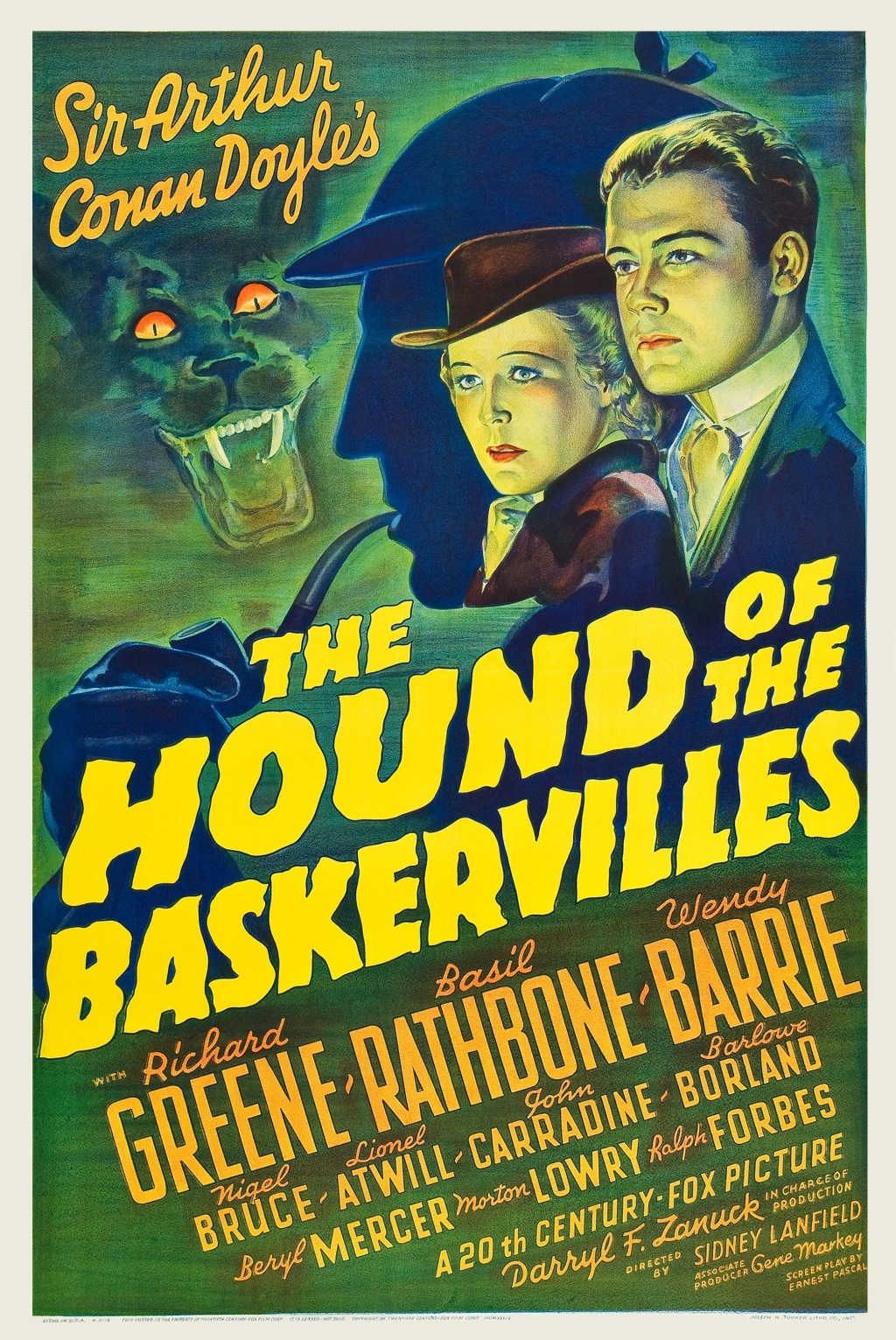
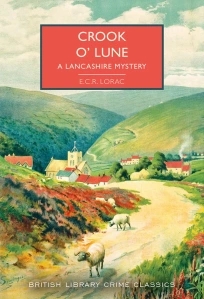
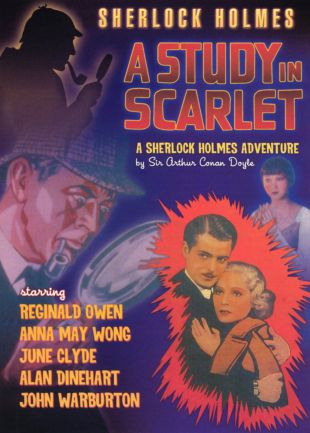
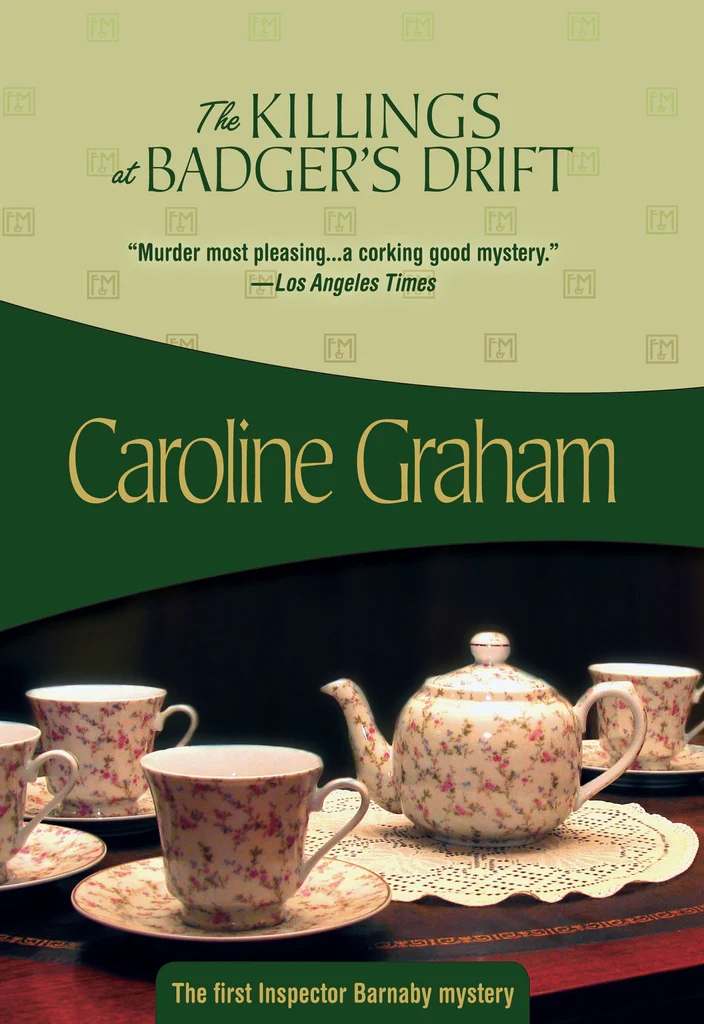
Leave a comment